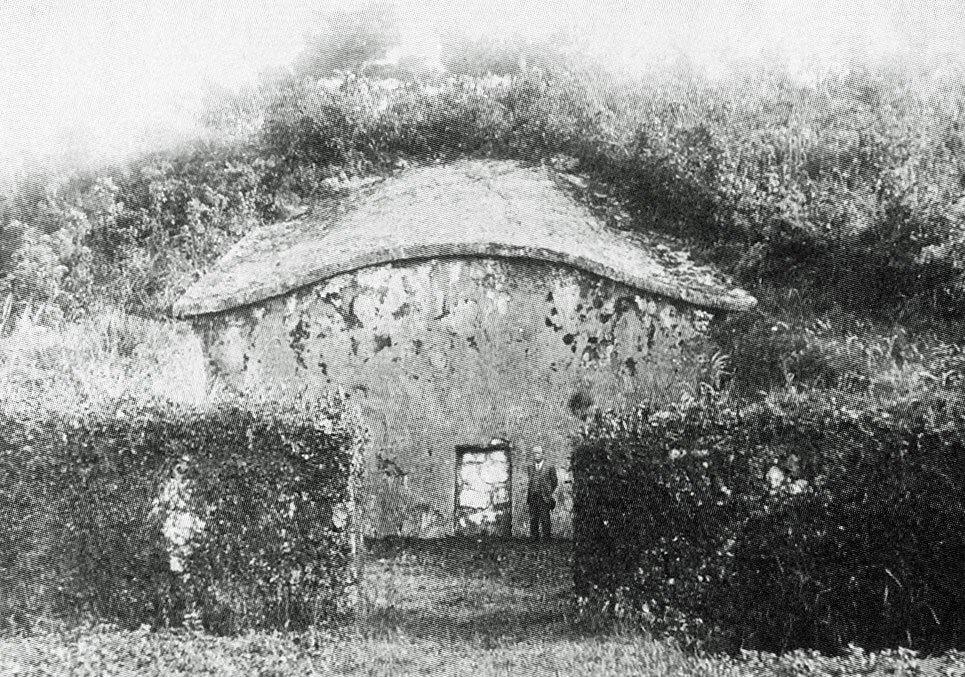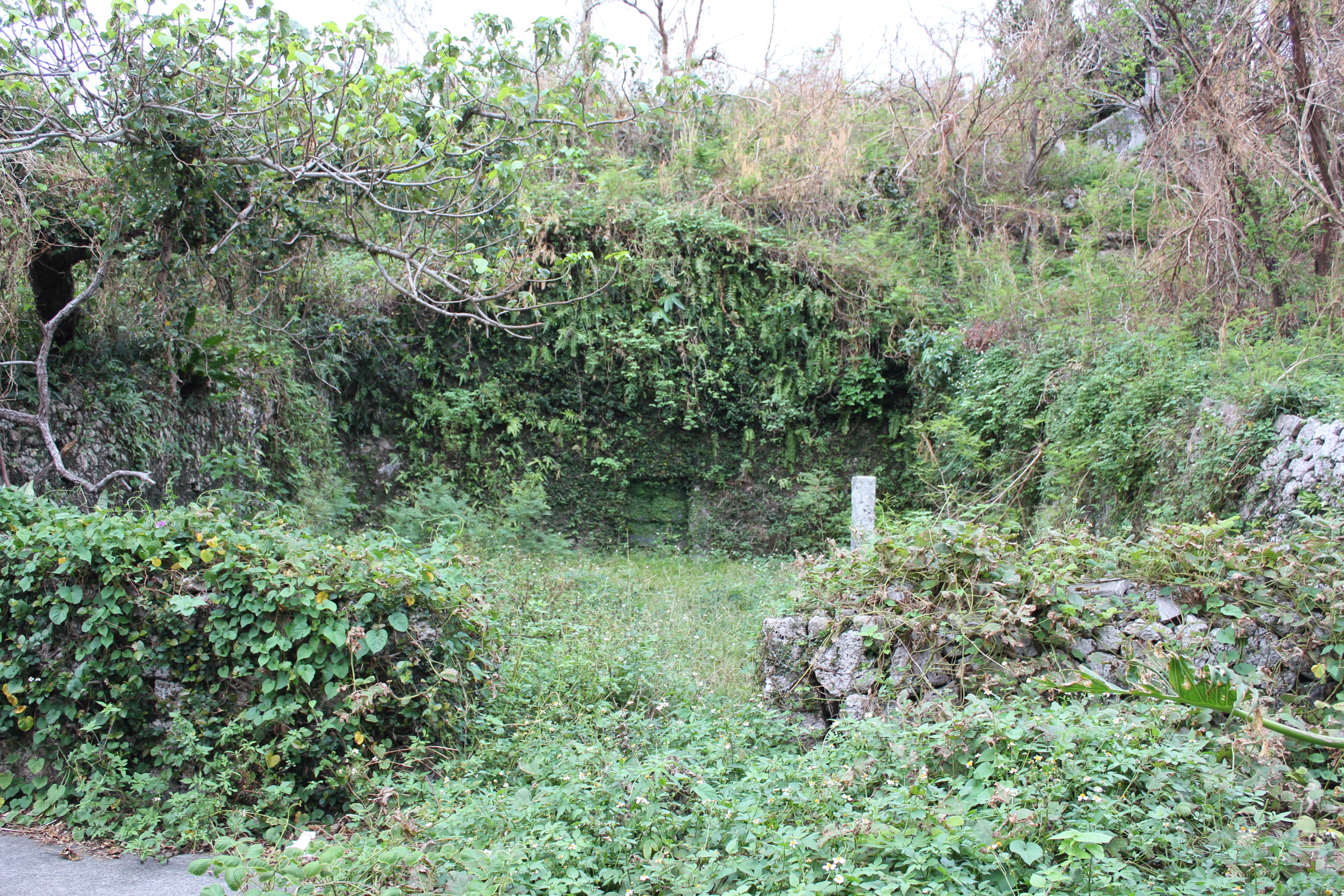Shō Shōken on:
[Wikipedia]
[Google]
[Amazon]
, also known as , was a Ryukyuan scholar and served as ''


sessei
was the highest government post of the Ryūkyū Kingdom below the king; the ''sessei'' served the function of royal or national advisor. In the Ryukyuan language at the time, the pronunciation was closer to ''shisshii'', and has only changed relat ...
'', a post often translated as "prime minister," from 1666 to 1673. Shō wrote the first history of the Ryukyu Kingdom
The Ryukyu Kingdom, Middle Chinese: , , Classical Chinese: (), Historical English names: ''Lew Chew'', ''Lewchew'', ''Luchu'', and ''Loochoo'', Historical French name: ''Liou-tchou'', Historical Dutch name: ''Lioe-kioe'' was a kingdom in t ...
, , and enacted a number of practical political
Politics (from , ) is the set of activities that are associated with making decisions in groups, or other forms of power relations among individuals, such as the distribution of resources or status. The branch of social science that studi ...
reforms aimed at improving Ryukyu's prosperity and dignity in the eyes of China and Japan.
Background
Shō Shōken was born as the first son of Haneji Ōji Chōtai (Prince Chōtai Haneji), the third head of Haneji Udun (Palace). Haneji Udun was one of the cadet branches of Royal House. Shō Shōken inherited the position of from Chōtai in 1640, and began compiling the Mirror of Chūzan in 1650, by the orders of the kingShō Shitsu
was a king of the Ryukyu Kingdom who held the throne from 1648 until his death in 1668.
The fourth son of King Shō Hō, he was named Prince of Sashiki in 1637, at the age of eight, and was granted Sashiki '' magiri'' as his domain. In 1645, hi ...
. According to ''Haneji shioki'' (The Directives of Haneji), one of his chief collections of reforms, he was approached in 1666 by a royal messenger, who was sent to offer him the position of ''sessei'' (prime minister). Shō refused, demanding that it was inappropriate for such an important appointment to be conveyed by such a lowly messenger. The following day, Inoha Ueekata, a member of the Sanshikan
The ''Sanshikan'' (), or Council of Three, was a government body of the Ryūkyū Kingdom, which originally developed out of a council of regents.
It emerged in 1556, when the young Shō Gen, who was mute, ascended to the throne of Ryūkyū. The co ...
(三司官, Council of Three), arrived to make the same offer, which he accepted immediately.
Shō Shōken's writings, in particular the Mirror of Chūzan, indicate a favor for the lords of Satsuma, the Japanese ''daimyō
were powerful Japanese magnates, feudal lords who, from the 10th century to the early Meiji period in the middle 19th century, ruled most of Japan from their vast, hereditary land holdings. They were subordinate to the shogun and nominall ...
'' to whom all of Ryukyu was a vassal. It is unclear the extent to which he wrote of them favorably out of fear of reprisal for criticizing them, or out of a genuinely positive view of their customs and politics. Nevertheless, in his writings and in his political behavior, Shō displayed a strong desire for Ryukyu to emulate Japan more fully, which also calls into question the accuracy of his history since elements appear to have been altered to fit better with the Japanese world view. Adopting Japanese customs more outwardly, in terms of language and dress, was made impossible by the need to hide Japanese control or influence in Ryukyu in order to maintain good relations with China. However, Shō sought to minimize as much as possible any elements of Ryukyuan custom which could be seen as backwards or undignified in the eyes of Satsuma; he removed the royalty from participation in many traditional rites, and as a result allowed these rites to be much smaller and less extravagant. This also served the important effect of reducing extravagant spending, and allowing Ryukyu to be more productive and prosperous. In a similar vein, he punished aristocrats and government officials who lived too extravagant a lifestyle; the aristocracy and peasantry both were living beyond their means for much of the early 17th century, a trend which led to widespread poverty.
He worked to sideline the royalty and the noro (female priest
A priest is a religious leader authorized to perform the sacred rituals of a religion, especially as a mediatory agent between humans and one or more deities. They also have the authority or power to administer religious rites; in particu ...
esses central to Ryukyuan religion
The Ryukyuan religion (琉球信仰), Ryūkyū Shintō (琉球神道), Nirai Kanai Shinkō (ニライカナイ信仰), or Utaki Shinkō (御嶽信仰) is the indigenous belief system of the Ryukyu Islands. While specific legends and traditions ...
), not out of a desire for power, or to suppress native religion, but in order to cut down on extravagance and on practices which could be perceived as undignified to the Japanese. Ultimately, for all his philosophical writings, Shō was a pragmatist.
Shō Shōken was also a strong believer in Confucianism
Confucianism, also known as Ruism or Ru classicism, is a system of thought and behavior originating in ancient China. Variously described as tradition, a philosophy, a religion, a humanistic or rationalistic religion, a way of governing, or ...
, having studied under Tonami Jochiku
270px, Tonami-yotaka festival held in June
is a city in Toyama Prefecture, Japan. , the city had an estimated population of 48,659 in 16,739 households and a population density of 384 persons per km². Its total area was .
Geography
Tonami i ...
, who in turn studied under the master Nanpo Bunshi. Confucianist views on benevolent leadership and overall morality pervade Shō's writings and his policies. However, his views are also in line with the concept called ''tintoo'' in Okinawan and ''tendō'' (天道, lit. "way of heaven") in Japanese
Japanese may refer to:
* Something from or related to Japan, an island country in East Asia
* Japanese language, spoken mainly in Japan
* Japanese people, the ethnic group that identifies with Japan through ancestry or culture
** Japanese diaspor ...
. His telling of Ryukyuan history, through recounting a lineage of kings, makes use of this concept extensively; it is very similar and closely related to that of the Mandate of Heaven
The Mandate of Heaven () is a Chinese political philosophy that was used in ancient and imperial China to legitimize the rule of the King or Emperor of China. According to this doctrine, heaven (天, '' Tian'') – which embodies the natur ...
in China. Kings who were poor or malevolent rulers were overthrown by those who were backed by the Way of Heaven.
In writing the first history of the Ryukyu Kingdom, his political goals and/or cultural views are quite evident. He paints Ryukyu as being a loyal vassal to Satsuma long before the 1609 invasion, which was done primarily out of desire, on the part of the lords of Satsuma and the Tokugawa shogunate
The Tokugawa shogunate (, Japanese 徳川幕府 ''Tokugawa bakufu''), also known as the , was the military government of Japan
Japan ( ja, 日本, or , and formally , ''Nihonkoku'') is an island country in East Asia. It is situated in ...
, for wealth and power, allowing them a way to maintain the isolation of feudal Japan while doing behind-the-scenes trading with other countries via the Ryukyu Islands. He blames the invasion on Ryukyuan disloyalty and neglect of their feudal obligations to their benevolent lords (Satsuma), and on a corrupt government official named Tei Dō
(1549–1611), also known by the Chinese-style name (pinyin Zheng Dong), was a Ryukyuan aristocrat and bureaucrat in the royal government of the Ryukyu Kingdom. A member of the ''Sanshikan'', the king's closest advisors, Rizan was the only Ryuk ...
( Okinawan: Jana Ueekata) who Shō Shōken claims led the people astray. In this light, he seeks favor by claiming that the benevolent lords of Satsuma had no choice but to invade as a chastisement for Ryukyu's disloyalty.
One of the most influential leaders and reformers of the Ryukyu Kingdom, Shō Shōken stepped down from his post in 1673 and died two years later.

References
*Smits, Gregory (1999). ''Visions of Ryukyu: Identity and Ideology in Early-Modern Thought and Politics''. Honolulu: University of Hawai'i Press. {{DEFAULTSORT:Sho Shoken People of the Ryukyu Kingdom Sessei Historians of Asia 17th-century historians 1617 births 1675 deaths Ryukyuan Confucianists Ryukyuan people 17th-century Ryukyuan people